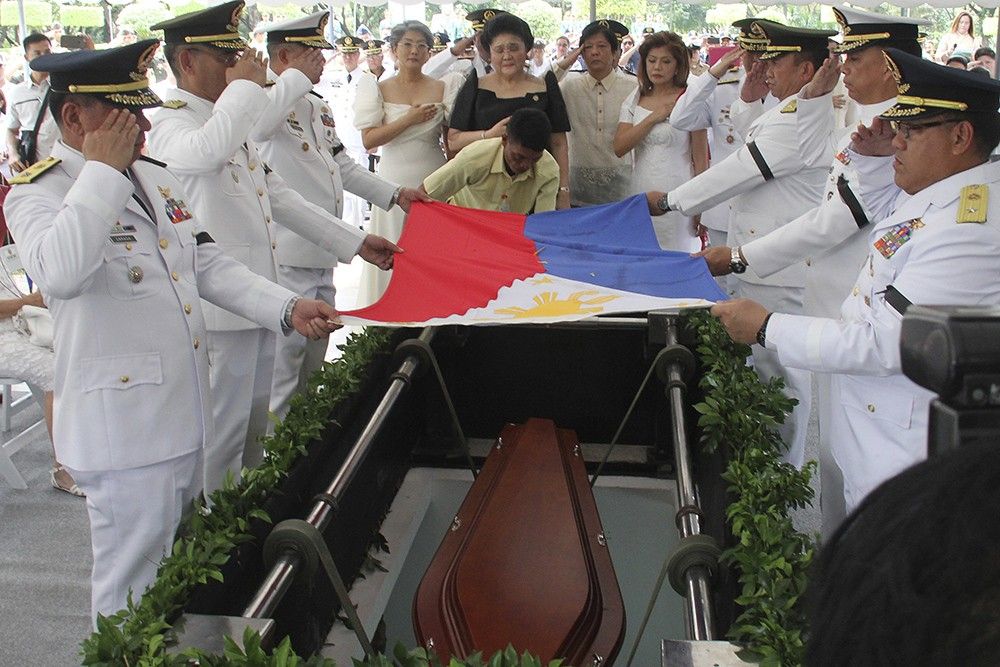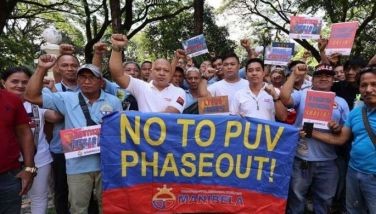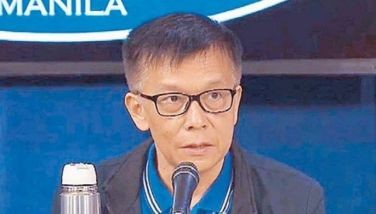Commentary: Democratic notes on Marcos burial at Libingan

Once again, Philippine society is featured in the pages of world history. When, in February 1986, the Filipino people stood up for their democracy, we were hailed in different international circles. Our love for our democracy was a distinguishing national character.
Yet, the recent burial of the deposed dictator in a national shrine has raised new questions here in the Philippines and in the international community as well. This incident represents one of the greatest paradoxes in Philippine political history.
The democracy achieved by the EDSA uprising of 1986 has had its limits exposed. More than anything else, today’s situation demonstrates the remaining democratic deficit in Philippine society.
The symbol of a hero’s burial
The burial of Marcos at the Libingan ng mga Bayani (LNMB) not only immortalizes his “leadership” but deeply ingrains in the minds of the general population his greatness. For the pro-Marcoses, this symbolism vindicates and glorifies the dictator, erasing his ugly deeds.
However, burying a dictator in a heroes’ cemetery could not bury the truth. Despite the claims of public figures, there is a plethora of literature that documents the widespread resistance against the dictator. This literature also exposed and condemned the numerous atrocities and human rights violations of his administration and cohorts. A critical part of the literature further characterizes the collective and personal memories of the people aggrieved during and after Martial Law.
Burying a dictator in a heroes’ cemetery could not bury the truth.
For the anti-Marcoses, the burial symbolizes treachery. It is a historical embarrassment for a people who have selflessly dedicated their lives in the name of social justice. Further, it represents a national falsehood that undermines the development of a national social consciousness—a cognitive element that is critical to nation-building.
Consulting the people directly
The burial of Marcos at the LNMB is not just another legal issue needing government attention and action. It is a national issue that warranted a national consideration. Our institutions and the public officials manning them must maintain the public’s trust.
Whether elected or appointed, the responsible officials and the institutions they represent need to be reminded of their accountability to the people.
These officials could have accorded the Marcos burial issue different forms of consideration. The essence of this consideration lies in consulting the people directly. Through this process, the whole of society and not the select few can take part in deciding how the government remembers the dictator. The people’s non-participation in the burial decision betrays the importance of this move and the depth of the social divide. Decision-making for the people is very different from decision-making with the people, and on this matter the government should have pursued the latter.
The people’s non-participation in the burial decision betrays the importance of this move and the depth of the social divide.
Institutional weakness and development
Although President Rodrigo Duterte endorsed the Marcos burial, the people’s protests should not rest on the president’s shoulders alone. Four administrations have passed since the fall of the dictator; to bluntly blame the current president would be politically naïve and ahistorical. The complacency or incapacity of past administrations is equally unconscionable. Three decades should have been enough time for the Philippine government to develop and cement an anti-authoritarian character.
It is more mind-boggling that the past five administrations could not bring justice to Ninoy Aquino, who was a direct casualty of the Marcos dictatorship. His wife and son, even as presidents, never solved the questions around his assassination. Their incapacity hints at serious institutional constraints in the government. These administrations en toto have been outwitted and out-maneuvered by the Marcoses in all respects.
It is more mind-boggling that the past five administrations could not bring justice to Ninoy Aquino, who was a direct casualty of the Marcos dictatorship.
With their pet economic agendas and often politicized programs, past administrations have also over-emphasized economic growth as the sole driver of economic development. In some respects, they have overlooked the socio-political welfare of the people, which is a quintessential element of national development. Pronouncements about social and political equality, empowerment and participation were little more than lip-service. We need to ask: “How can there be prosperity without social justice?’ At the same time, ‘How can there be social justice if there is no prosperity?”
‘Thinking beyond parochial politics’
The presidency oversees the welfare of an entire nation and executes national policies for the welfare of a whole population. It is also the international face of the Filipino, representing the country and the whole of society to the international community. A president is both a national and an international figure.
A president judiciously intervenes in national and international issues and does not meddle in them. Witticisms are not a manifestation of statesmanship, they muddle existing supranational arrangements and agreements. Through concrete policies and definite programs of action, a nation could be led in a clear direction.
The presidency oversees the welfare of an entire nation and executes national policies for the welfare of a whole population.
The Filipino population should not be left in the dark with regard to the unpredictable repercussions of personal and localist remarks that the president has made in the Philippines and while abroad. Issues of national significance should not be solved through parochial approaches and mentality. On this note, the Filipino people needs a President Duterte and not a Mayor Duterte.
Dindo Manhit is the president of Stratbase-Albert Del Rosario Institute (ADRi) for Strategic and International Studies.
- Latest
- Trending






























